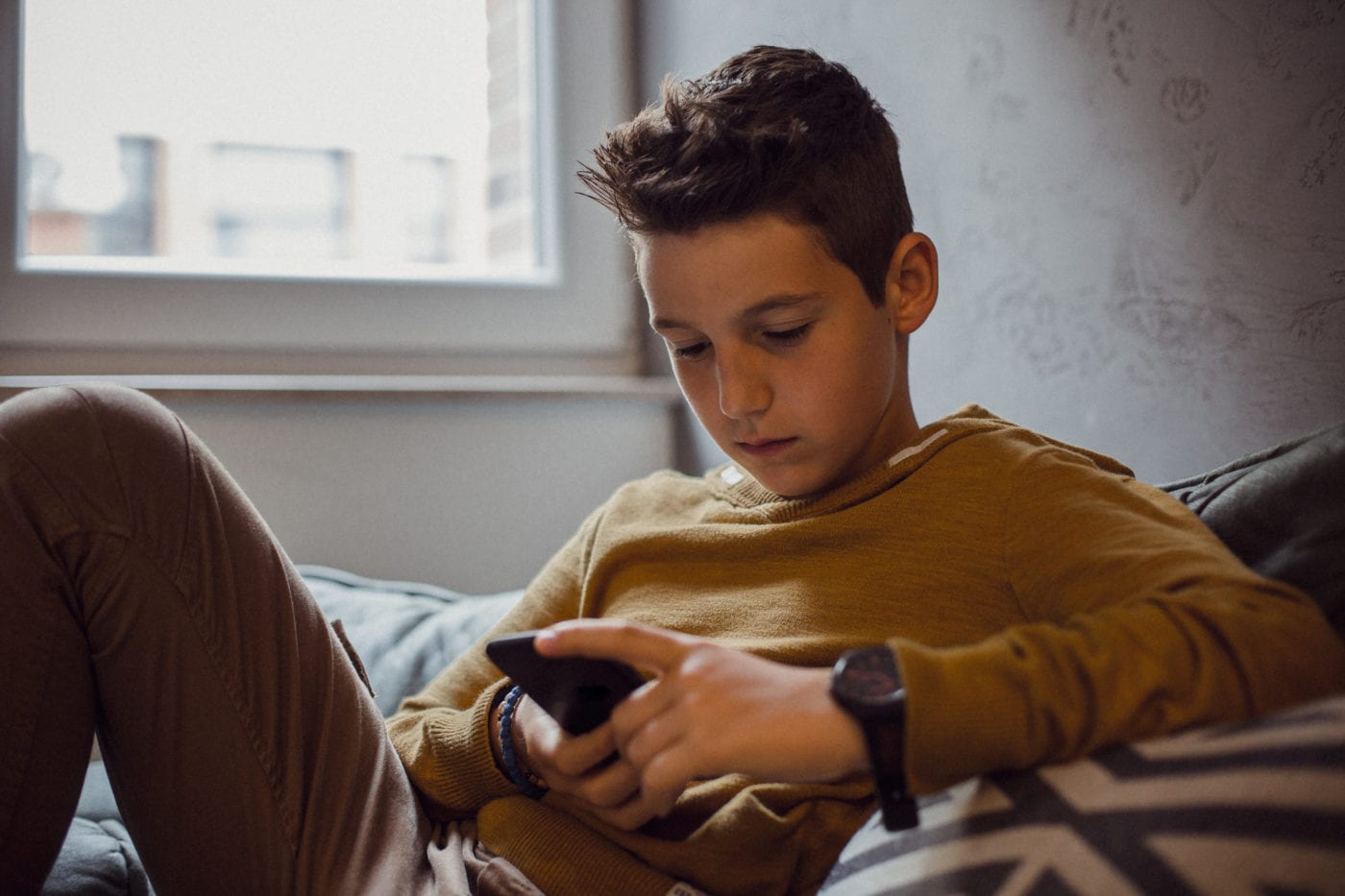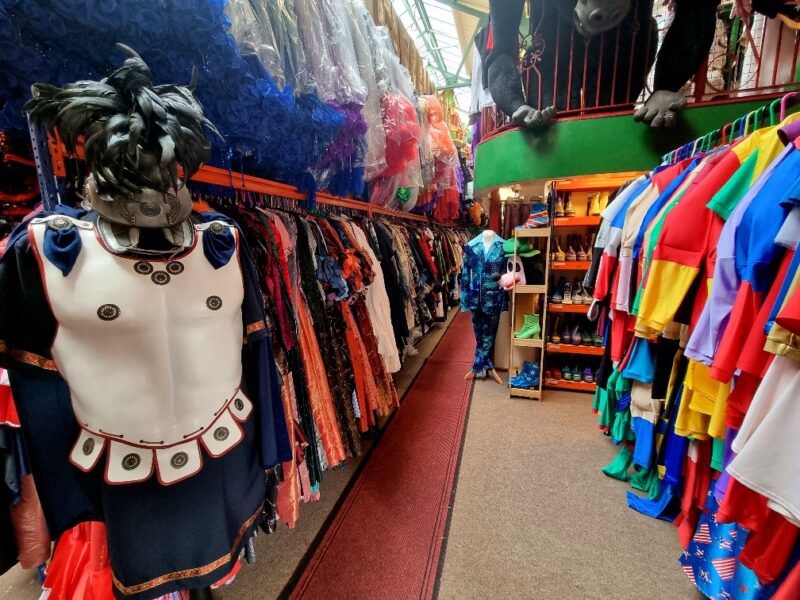Yes, in the UK, a 14-year-old can indeed be charged with assault. It’s essential to understand that the age of criminal responsibility in the UK is 10 years old, which means that individuals as young as 10 can be held accountable for their actions under the law.
However, when it comes to minors, especially those as young as 14, the legal process differs significantly from that of adults.
For juveniles, the focus is on rehabilitation and support rather than punishment. The courts take into account the age and maturity of the individual, and there are specific considerations and safeguards in place to protect their rights and well-being throughout the legal proceedings. This approach aims to provide young offenders with opportunities to learn from their mistakes and reintegrate into society positively.
What Are the Different Types of Assault Charges in the UK?

In the United Kingdom, knowing about assault laws is important, especially when it comes to young people like 14-year-olds. Assault doesn’t just mean physical harm; it also includes making someone feel scared, worried or threatened. So, actions that make others afraid can lead to assault charges.
There are different types of assault charges in the UK. They range from common assault, which is less severe, to more serious ones like actual bodily harm (ABH) and grievous bodily harm (GBH). Assaulting an emergency worker is another category that’s treated very seriously.
When it involves minors, like 14-year-olds, the legal system takes their age and understanding into account. The Crown Prosecution Service (CPS) decides if it’s the right thing to charge a young person and if there’s enough evidence. They also think about how to help the young person change their behavior and address any issues causing it.
If Your Child Is Arrested and Charged: A Guide for Parents
Having your child arrested and charged with a criminal offense can be an incredibly distressing and challenging experience for any parent. In such difficult times, it’s crucial to remain composed and take specific steps to safeguard your child’s rights and well-being throughout the legal process.
The first and most critical step is to secure legal representation for your child. Reach out to a qualified criminal defense attorney with experience in handling juvenile cases. A skilled attorney can provide invaluable guidance and ensure your child’s legal rights are protected.
Also, gain a clear understanding of the nature and severity of the charges against your child. Your attorney will help explain the legal aspects and potential consequences associated with the charges.
Stay actively engaged and informed throughout your child’s legal proceedings. Attend court hearings and meetings with your attorney to stay up-to-date with the case’s progress. Don’t hesitate to ask questions and seek clarity regarding the legal process.
It’s essential to maintain open and honest communication with your child. They may be experiencing fear, confusion, or shame, so offering emotional support is crucial during this challenging time.
However, depending on the offense and the jurisdiction, your child may be tried in a separate juvenile court system. Juvenile courts typically focus on rehabilitation rather than punishment. Discuss the possibility of having your child’s case transferred to juvenile court with your attorney.
Moreover, many jurisdictions offer diversion programs for juvenile offenders. These programs aim to address underlying issues and prevent formal court proceedings. Work with your attorney to explore whether your child is eligible for such a program.
Collaborate closely with your attorney to prepare for court appearances. Ensure your child fully comprehends their rights and is familiar with the legal process they will go through.
Reinforce the importance of rehabilitation and learning from mistakes. Encourage your child to cooperate with any court-mandated counseling or rehabilitation programs.
Physically and emotionally support your child during this challenging time. Your presence and unwavering support can have a significant impact on their ability to cope with the situation.
Ensure that your child complies with any court orders, including probation terms or community service. Non-compliance can result in more severe consequences.
Work closely with your attorney to explore potential legal options. This may include discussing plea bargains or alternative sentencing arrangements that could be more beneficial for your child.
During this difficult period, it’s essential to respect your child’s privacy. Avoid discussing the case or sharing sensitive information with others without your child’s consent.
Remember that each case is unique, and outcomes can vary significantly based on the specific circumstances and jurisdiction. Having a dedicated and knowledgeable attorney is crucial for ensuring the best possible outcome for your child. Your support and guidance can make a profound difference in helping your child navigate this challenging chapter in their life.
Types of sentences for children and young people
In the legal system, various types of sentences are used for children and young people who are found guilty of committing offenses. These sentences are designed to address the needs of young offenders while holding them accountable for their actions. Here are some common types of sentences for children and young people
Custodial Sentences: These sentences involve placing the child or young person in a secure facility, such as a youth detention center or a young offender institution. The duration of custody can vary, and it is typically used for more serious offenses.
Community Sentences: Community sentences focus on rehabilitation and reintegration into society. They may include community service orders, where the young person performs unpaid work in the community, or curfew orders, which restrict the young person’s movements during certain hours.
Youth Rehabilitation Orders: These orders are tailored to address the individual needs of the young offender. They can include requirements such as attending rehabilitation programs, attending school or training, and addressing any underlying issues, like substance abuse.
Fines: Young offenders may be required to pay fines as a penalty for their actions. The amount of the fine can vary based on the seriousness of the offense and the young person’s ability to pay.
Conditional Discharges: A conditional discharge is a sentence where the young person is not punished further if they meet certain conditions, such as not reoffending during a specified period. If the conditions are breached, the original sentence may be imposed.
Absolute Discharges: An absolute discharge means that the young person is not further punished, and there are no conditions attached. It is usually reserved for less serious offenses.
Referral Orders: Referral orders involve the young person working with a youth offender panel to address the causes of their offending behavior. This can include community-based activities, educational programs, and mentoring.
Hospital Orders: If the young person has mental health issues that contributed to the offense, they may be placed under a hospital order. This involves treatment in a psychiatric hospital.
Restorative Justice: In some cases, young offenders may participate in restorative justice programs where they meet with the victim to understand the impact of their actions and make amends.
Parenting Orders: Parenting orders are used when a young person’s behavior is linked to their parents’ actions or lack of supervision. The order may require parents to attend parenting classes or counseling.
It’s important to note that the choice of sentence depends on various factors, including the age of the offender, the seriousness of the offense, and the individual circumstances of the case. The aim of these sentences is to balance accountability with rehabilitation, helping young offenders reintegrate into society as responsible individuals.
What can you legally do at 14 UK?
In the United Kingdom, at the age of 14, several important rights and responsibilities come into play. Education is compulsory until you’re 16, so you’ll need to continue attending school.
You also gain certain privileges and responsibilities when it comes to work; you can engage in part-time employment in specific roles like paper rounds and agricultural work, though there are restrictions regarding the hours and types of tasks you’re allowed to undertake.
In terms of healthcare, if you’re deemed mature enough to understand, you have the right to make decisions about your medical treatment. It’s important to be aware that the age of consent for sexual activity in the UK is 16, which means that engaging in sexual activity with someone your age or older is illegal until you reach that age.
However, there are certain legal considerations for sexual activity between 14- and 15-year-olds if there is a limited age difference. You also have some purchasing power; you can buy items such as National Lottery tickets, scratch cards, and soft drinks.
Still, the purchase of alcohol, tobacco, and fireworks is prohibited until you reach an older age. On the legal front, you can be held criminally responsible for your actions starting at the age of 10, and this responsibility continues at 14.
Nevertheless, it’s crucial to note that the youth justice system in the UK focuses on rehabilitation and support for young offenders.
Additionally, in some cases, you may be able to provide consent for medical research or clinical trials, depending on the specific study and your understanding of it. It’s vital to be aware of these legal boundaries and to stay informed, as laws and regulations may evolve over time.
What happens if a child of 14 kills someone UK?

In the United Kingdom, when a child aged 14 or younger is involved in a severe criminal offense, like causing the death of another person, the legal procedures and potential outcomes are distinct from those applicable to adults. Here’s a comprehensive overview of the process:
Firstly, a police investigation is initiated upon suspicion of the child’s involvement in the crime. This investigative process includes gathering evidence while bearing in mind the child’s age and vulnerability during questioning.
Subsequently, legal proceedings unfold primarily within the youth court or a specialized crown court for youth cases, acknowledging the child’s age and vulnerability. This youth court system prioritizes rehabilitation and support over punitive measures.
If the evidence substantiates a criminal charge, the child may face formal charges, possibly for offenses like manslaughter or murder in extreme cases, taking into account the gravity of the situation.
The child may be either released on bail with specific conditions or detained in secure accommodation, contingent upon the circumstances and the perceived risk posed by the child during the legal process.
Trials for children aged 14 or younger typically take place in the youth court, a dedicated forum designed for young offenders. It operates with a rehabilitative focus, ensuring that the child has access to legal representation throughout the proceedings.
When a child is found guilty, the court deliberates on an appropriate sentence, which could range from supervision orders, intensive fostering, or secure care orders, to placement in a secure children’s home or a youth detention center.
The age of the child, the particulars of the offense, and the child’s level of culpability are all integral factors considered when determining the suitable sentence. Rehabilitation and support are the paramount goals.
In cases of detention, the emphasis lies on the child’s rehabilitation, encompassing educational opportunities, counseling, and therapy. Parole boards conduct periodic reviews to assess the child’s progress and make determinations regarding potential release.
The overarching principle in the UK’s juvenile justice system is to address the unique needs and vulnerabilities of young offenders, placing an unwavering focus on rehabilitation and support, even in the gravest of circumstances. Each case is meticulously examined within this framework, as the legal system acknowledges the fundamental developmental differences between children and adults.
FAQ
Can you live alone at 14 in the UK?
No, you cannot live alone at 14 in the UK. The legal age to live independently is 16, with certain conditions and support in place.
Is a relationship between a 14-year-old and a 16-year-old okay in the UK?
Yes, in the UK, a relationship between a 14-year-old and a 16-year-old is generally considered legal. However, it’s essential to respect age of consent laws.
What happens if a child under 10 kills someone in the UK?
In the UK, children under 10 cannot be held criminally responsible. Instead, the focus is on providing appropriate care and support.
Can a 13-year-old get a criminal record in the UK?
Yes, a 13-year-old can receive a criminal record in the UK if they commit a criminal offense. However, the process for juveniles differs from that of adults.
What is the lowest age you can go to jail in the UK?
The lowest age at which you can go to jail in the UK is 12. Juveniles in this situation undergo a distinct legal process.
How much can a 14-year-old get paid in the UK?
A 14-year-old in the UK can work part-time, but there are strict regulations. The pay varies depending on the type of work and hours.
What happens when a boy turns 14 in the UK?
When a boy turns 14 in the UK, there are no significant legal changes. However, he may have new educational and employment opportunities.
Is a relationship between a 14-year-old and a 19-year-old legal in the UK?
In the UK, a relationship between a 14-year-old and a 19-year-old is generally not legal due to age of consent laws. It’s important to be aware of the legal age limits.
Final words
The UK’s legal system does allow for a 14-year-old to be charged with assault, as the age of criminal responsibility starts at 10.
However, it’s vital to understand that when it comes to young offenders, the focus is not solely on punishment but on rehabilitation and support. The legal process for minors is tailored to their age, maturity, and individual circumstances.
It aims to address the underlying causes of their actions and guide them towards positive change.
So, while charges are possible, the goal is to help young individuals learn from their mistakes, grow, and reintegrate into society as responsible citizens. It’s a system designed to strike a balance between accountability and providing opportunities for a better future.



